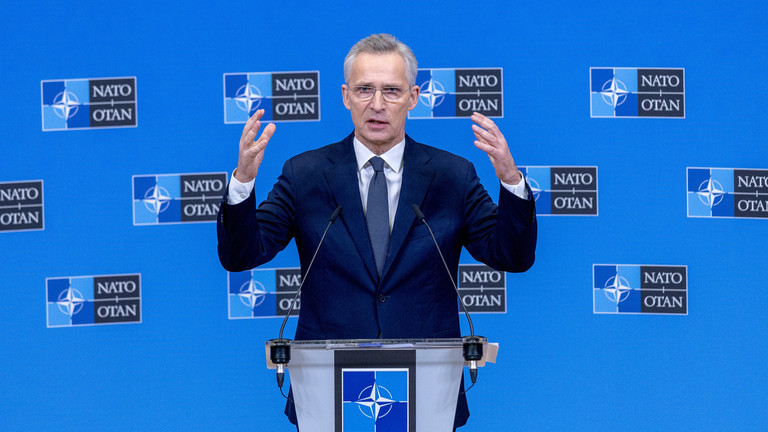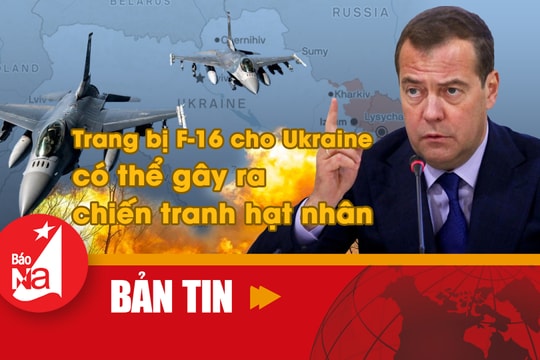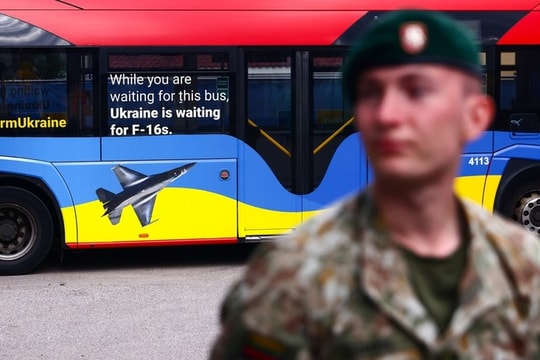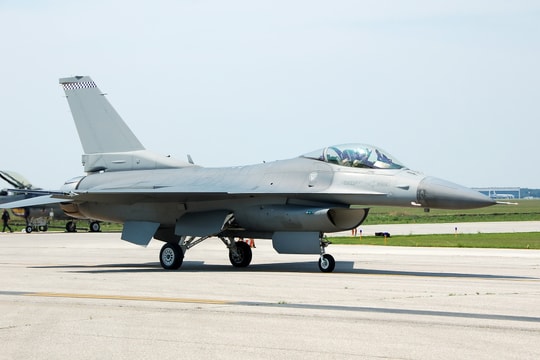NATO allows Ukraine to attack Russia with F-16s
(Baonghean.vn) - NATO Secretary General Jens Stoltenberg announced that after Ukraine receives F-16 fighter jets, the country will be free to use them to attack military targets inside Russian territory.

Stoltenberg's comments came in an interview with Radio Liberty, a US government-funded broadcaster, broadcast on February 23. In it, the NATO chief argued that Ukraine has the right to defend itself against Russian "aggression," including "attacking legitimate Russian military targets outside Ukraine." Stoltenberg did not specify when Kiev might actually receive the promised fighters. Each NATO member that has committed to delivering F-16s has its own policies and will decide for itself.
While Ukraine’s NATO backers want the fighters to be operational as soon as possible, they would have a stronger impact if the pilots were well trained and there was a sufficient maintenance and support team ready, Stoltenberg said. “So I think we have to listen to the military experts exactly when we are ready or when our allies are ready to deliver the F-16s… The sooner the better,” he said.
Ukraine has long requested F-16s as a way to counter Russian air superiority. Denmark and the Netherlands have both pledged to deliver some of the aircraft, while Ukrainian President Zelensky said the total number of aircraft pledged by the two countries to Kiev was 42. The first Ukrainian pilots trained in the West finished classes in the UK in December.
The design of the US-made fighter jet means it could struggle to operate from Ukrainian airstrips, fuelling speculation they could fly from Poland, Romania or the Baltic states.
Russia has repeatedly warned that the deployment of F-16s would escalate the conflict and could even pose a risk of nuclear war because the F-16s are capable of carrying B61 gravity bombs. “So, if one of these planes takes off from a NATO country – what will it be? An attack on Russia. I will not describe what could happen next,” Dmitry Medvedev, former Russian president and current deputy head of the Russian National Security Council, said in an interview on February 22.




